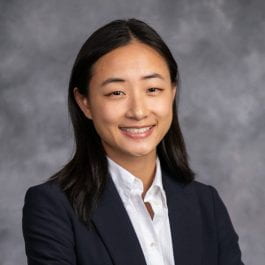Issuu
We encourage you to see our publication through Issuu in full-screen mode for the best digital viewing experience. You can read through the articles or link directly to a specific article from the Archive tab.
Letter from the Editor
Dear Readers,
Since the expansion of news outlets from Walter Cronkite to mass media, we’ve found ourselves spiraling down a modern epistemic crisis. Thanks to the internet and social media, we now have an abundance of information and resources at our fingertips. But this comes with an abundance of false information, and sometimes the line between what is true and what only appears to be true can be quite messy. Some falsehoods are unintentional and based on quick assumptions or misinterpretations, while some are entirely intentional and seek to dissuade and deceive. Regardless of intention, both have consequences —ones that can manifest quickly in science, medicine, and public health.
This journal issue explores some of the many faces of the misinformation epidemic. We start with an article examining how medical knowledge has been democratized over the years through patient activism, direct-to-consumer advertising, and social media. Our next four pieces focus on specific areas that have been prone to inaccurate and misleading information: reproductive justice and the workings of crisis pregnancy centers; LBGTQ+ health and the repercussions of under- and mis-representation; gag laws and the effects of the absence of information; and health conspiracies and their roots in sense-making cognitive processes.
Throughout, we also include interdisciplinary conversations on how we got here and where we go from here. We speak with Penny Abernathy about the importance of supporting local news and ensuring equitable access to information; Dr. Karen Sheehan about the nuances of public health messaging and community engagement; and Dr. Nathan Abernathy about the role of cognitive biases and the need to slow down. We also include a brief section on health communication strategies, using the RSV vaccine as an example.
This is by no means an exhaustive review, but it is an attempt to reflect on the past, present, and future state of information and knowledge. More importantly, it is an attempt to challenge our readers to ask how we balance access and accuracy and how we decide (or who should decide) what is true, what is not, and perhaps, what is neither. The world is changing rapidly, and it is often hard to keep apace. But good discussion—critical discussion that does not just exist in academic spheres—will help us face the brave new world ahead.
In Health,
Meilynn Shi
Editor-in-Chief
Northwestern Public Health Review

